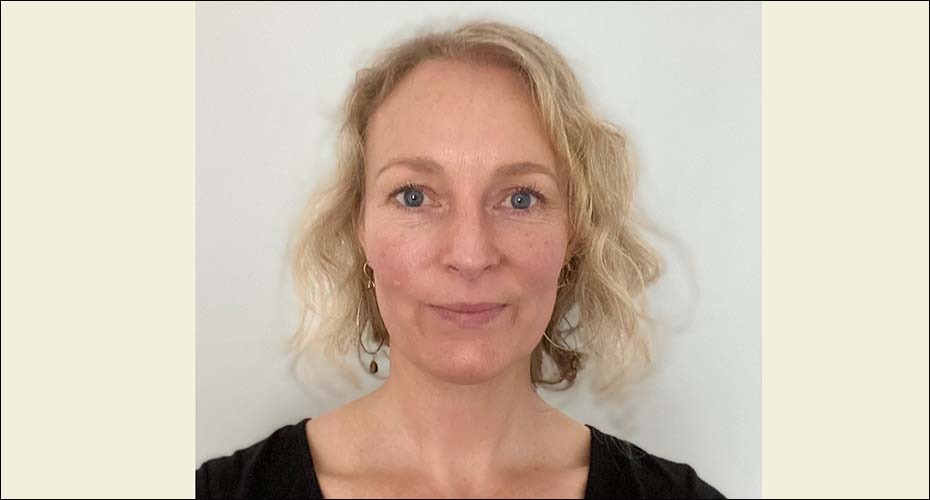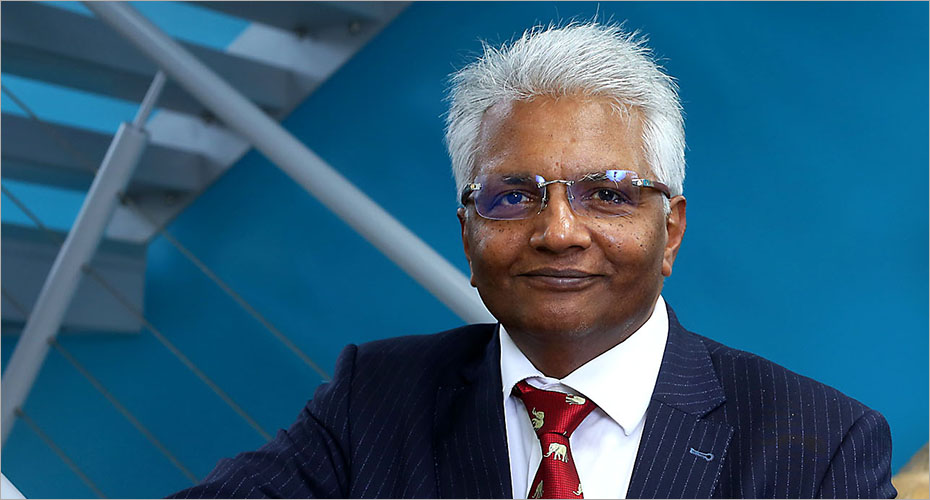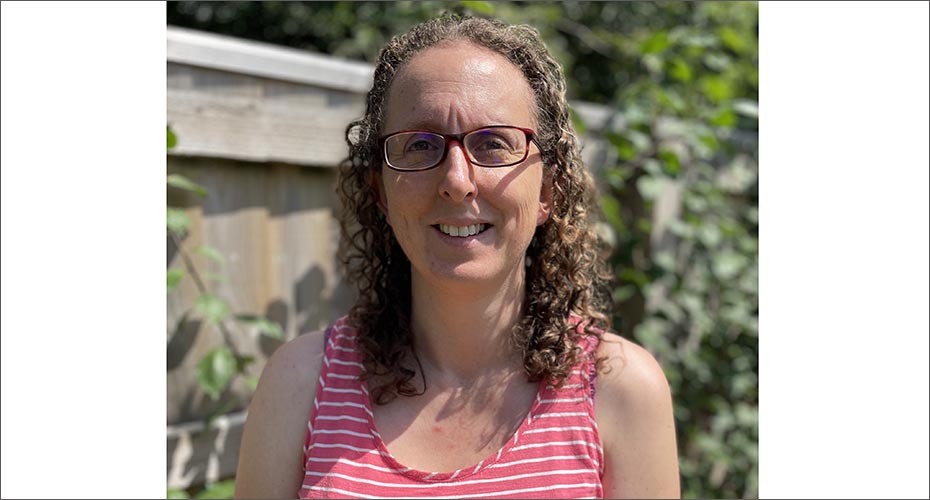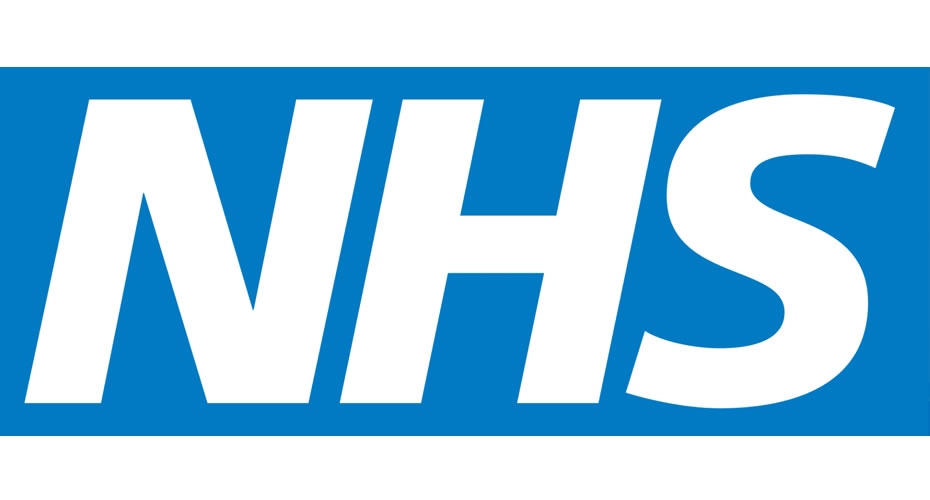Masters applications for 2023 entry are now closed.
Applications for September 2024 will open on Monday 25 September. Applications are now open for programmes with a January 2024 start. View our programmes »
| UCAS code |
1234 |
| Duration |
Full time (1 year)
Part time (2 years)
Part time (3 years)
|
| Entry year |
2024 |
| Campus |
St Luke's Campus
|
| Discipline |
Healthcare and Medicine
|
| Contact |
|
| UCAS code |
1234 |
| Duration |
2 years part time |
| Entry year |
2024 |
| Campus |
St Luke's Campus
|
| Discipline |
Healthcare and Medicine
|
| Contact |
|
| Typical offer |
2.2 Honours degree (or equivalent) in a relevant discipline. Registered pharmacists with the General Pharmaceutical Council and currently working within a clinical pharmacy setting. View full entry requirements |
Contextual offers
|
|
| UCAS code |
1234 |
| Duration |
1 year part time |
| Entry year |
2024 |
| Campus |
St Luke's Campus
|
| Discipline |
Healthcare and Medicine
|
| Contact |
|
| Typical offer |
2.2 Honours degree (or equivalent) in a relevant discipline. Registered pharmacists with the General Pharmaceutical Council and currently working within a clinical pharmacy setting. View full entry requirements |
Contextual offers
|
|
Overview
- This programme is designed to support pharmacists to develop the knowledge, clinical skills and behaviours required to provide patient-centred care as part of multidisciplinary healthcare teams
- Benefit from outstanding facilities including Clinical Skills Resource Centre
- Flexible study options and opportunity to personalise learning to your career and professional interests
- Learn with other healthcare professionals through multidisciplinary optional modules
- Suitable for registered pharmacists in the UK or internationally, keen to develop their clinical pharmacy skills as well as their multidisciplinary team working.
Top 10 in the UK for our world-leading and internationally excellent Clinical Medicine research
Our Public Health research is 11th in the UK for research power
Major capital investment in new buildings and state-of-the-art facilities
Communication and clinical skills training within our Clinical Skills Resource Centre
Entry requirements
Normally a minimum 2.2 Honours degree (or equivalent) in a relevant discipline. A personal statement, detailing your reasons for seeking to undertake this subject, will be required. Relevant clinical or professional experience may be taken into consideration as evidence of equivalency.
Home students will typically be registered pharmacists with the General Pharmaceutical Council, working within a clinical pharmacy setting. There is no requirement for minimum time since registered, however, we advise that you feel established in your current role.
International students will typically be experienced pharmacists who wish to undertake further study in the UK in order to gain a perspective on UK-pharmacy practice. Please note that completing this course does not allow you to register as a pharmacist in the UK. Before applying, please note that there are significant differences in pharmacist roles and responsibilities, and drug licensing, dosage and usage between countries. Our programme focuses on UK-based clinical pharmacy practice rather than pharmaceutical science. Applicants will need to have access to a clinical pharmacy environment for practice-based learning, either through employment or work experience, and will need to attend face-to-face teaching on the St Luke’s campus of the University of Exeter.
Please note that students applying for the Independent Prescribing module must be registered with the GPhC or Pharmaceutical Society of Northern Ireland and must meet the required eligibility criteria. More information.
Please download and complete the Clinical Pharmacy expression of interest form. You will need to upload this with your online application form when you apply.
Entry requirements for international students
Please visit our entry requirements section for equivalencies from your country and further information. International students will typically be experienced pharmacists who wish to undertake further study in the UK in order to gain a perspective on UK-pharmacy practice. Please note that completing this course does not allow you to register as a pharmacist in the UK. Before applying, please note that there are significant differences in pharmacist roles and responsibilities, and drug licensing, dosage and usage between countries. Our programme focuses on UK-based clinical pharmacy practice rather than pharmaceutical science. Applicants will need to have access to a pharmacy environment for practice-based learning, either through employment or work experience, and will need to attend face-to-face teaching on the St Luke’s campus of the University of Exeter.
Please visit our international equivalency pages to enable you to see if your existing academic qualifications meet our entry requirements.
International students are normally subject to visa regulations which prevent part-time study. It is recommended that international students apply for the level of the final award you intend to complete i.e. PGCert, PGDip or Masters, due to the associated cost and requirements for a Tier 4 student Visa.
Undertaking the Independent Prescribing module as part of the Clinical Pharmacy programme?
If you choose the Independent Prescribing module as one of your optional modules, you will also need to complete the Independent and Supplementary Prescribing Course Application formand send to: info.stlukes@exeter.ac.uk
Accreditation of prior learning for Masters courses in Healthcare and Medicine
Accreditation of Prior Learning (APL) is a process whereby students, who have already gained relevant skills and knowledge prior to the start of their course, may be granted a partial credit exemption from their programme instead of unnecessarily repeating work. Find out more about APL
Entry requirements for international students
Please visit our entry requirements section for equivalencies from your country and further information on English language requirements.
Read more
Entry requirements for international students
English language requirements
International students need to show they have the required level of English language to study this course. The required test scores for this course fall under Profile B2. Please visit our English language requirements page to view the required test scores and equivalencies from your country.
Course content
Our Masters in Clinical Pharmacy is designed to support pharmacists develop the knowledge, clinical skills and behaviours required to provide patient-centred care as part of multidisciplinary healthcare teams. Increase your professional expertise and status and enhance your career prospects with Patient case-based activities that reflect the challenges of current clinical practice.
Flexible study options, including individual modules, Postgraduate Certificate, Postgraduate Diploma or full MSc. The Practice Certificate in Independent and/or Supplementary Prescribing can be included as a module or taken as a standalone qualification (eligibility criteria apply).
Compulsory modules include ‘Applied Therapeutics’ and ‘Skills for Patient-centred care’.
Learn with other health professionals through multidisciplinary optional modules to personalise your learning, covering topics in minor illness, care of the older adult and long-term condition care.
Course structure
This MSc course can be studied on a full time basis over 1 year or over 2 or 3 years (part time), which may suit applicants who are already working full time. The programme is also divided into units of study called ‘modules’ which are assigned a number of ‘credits’. To gain a Masters qualification, you will need to complete 180 credits at level 7. The credit rating of a module is proportional to the total workload, with one credit being nominally equivalent to 10 hours of work, a 15 credit module being equivalent to 150 hours of work and a full Masters degree being equivalent to approximately 1,800 hours of work.
It is also possible to exit with a PGCert after completing 60 credits of taught modules or a PGDip after completing 120 credits of taught modules. The list of modules below shows which are compulsory.
Contact Days
View draft timetable for Clinical Pharmacy 2023-24
View draft timetable for Clinical Pharmacy 2024-25
(Please note: dates are subject to confirmation with timetabling).
The last contact day and assessment deadline for the programme will be earlier than the actual end date of your registration with the University, to allow a period of time at the end of your active studies for further support and mitigation, if needed.
The modules we outline here provide examples of what you can expect to learn on this degree course based on recent academic teaching. The precise modules available to you in future years may vary depending on staff availability and research interests, new topics of study, timetabling and student demand.
To qualify for the Master's (MSc) you must complete the two compulsory 15 credit modules (Applied Therapeutics and Skills for Patient-Centred Care), optional modules of 90 credits in total (6 x 15 credit modules), and complete an Independent Research Project (60 credits).
Each 15-credit module has two workshop days that are delivered at St Luke’s Campus, Exeter.
To qualify for the PG Diploma you must complete the two compulsory 15 credit modules (Applied Therapeutics and Skills for Patient-Centred Care) and further optional modules of 90 credits in total (6 x 15 credit modules). This is completed part time over 2 years.
To qualify for the PG Certificate you must complete the two compulsory 15 credit modules (Applied Therapeutics and Skills for Patient-Centred Care) and a further two optional modules of 15 credits. This is completed part time over 1 year.
Fees
2024/25 entry
Fees are subject to an annual increment each academic year.
UK fees per year:
- MSc: £11,600 full-time 1 year, £5,800pa part-time 2 years, £3,900pa part-time 3 years
- PgDip: £3,900pa part-time 2 years
- PgCert : £3,900 1 year
- Standalone module fees: UK/EU: £1,100 per 15-credit module
International fees per year:
- MSc: £27,500 full-time 1 year, £13,750pa part-time 2 years, £9,350pa part-time 3 years
- PgDip: £9,250pa part-time 2 years
- PgCert : £9,250 1 year
- Standalone module fees: £2,500 per 15-credit module
Scholarships
We invest heavily in scholarships for talented prospective Masters students. This includes over £5 million in scholarships for international students, such as our Global Excellence Scholarships*.
For more information on scholarships, please visit our scholarships and bursaries page.
*Selected programmes only. Please see the Terms and Conditions for each scheme for further details.
Teaching and research
Our purpose is to deliver transformative education that will help tackle health challenges of national and global importance.
Teaching
With the support of our enthusiastic and clinically active tutors, this blended course involves online learning via ELE plus minimal face-to-face contact days. It makes use of contemporary education methods such as case-based learning, small group work and development of communities of practice.
Teaching methods on the Master's programme include:
- Interactive e-learning activities
- Masterclasses from highly experienced clinical teachers and researchers
- Small group simulated learning tasks
- Patient case-based discussions
- Practical workshops for clinical skills development
- Opportunities for practice and receiving feedback
Teaching is supported by extensive online University library resources, personal tutor systems, University pastoral support structures and a clinical pharmacy virtual learning platform.
Research
We excel at working with members of the public and our partners in the health service to ensure that our research addresses the most important questions, so we can quickly translate our findings into accessible treatments and care.
Our research is globally recognised and our partnerships with healthcare providers, industry and above all, the public, mean that this work is constantly at the cutting-edge of innovation in improving lives.
Explore some of the many highlights of our research on our research impact page.
Facilities
This programme is based at the St Luke’s campus in Exeter, just a 15 minute walk from the city centre and just over a mile away from the Streatham Campus. The campus is close to the Royal Devon and Exeter Hospital and RILD building, which is home to the NHS funded Exeter Health Library. Students have studied at St Luke’s campus for over 150 years and the campus enjoys a vibrant atmosphere set around the lawns of the quadrangle.
Facilities at St Luke’s campus include:
Read more

Dr Rob Daniels
Senior Clinical Lecturer

Jess Miller

Dr Bharat Pankhania
Senior Clinical Lecturer (E&S)

Kate Emblin
Programme lead for the MSc Clinical Pharmacy
Dr Rob Daniels
Senior Clinical Lecturer
Rob is a GP and Senior Clinical Lecturer in the College of Medicine & Health. He is module lead for: Advanced Clinical Assessment and Decision-Making Skills, Acute Presentations in Practice and From Theory to Practice to Quality and module Co-Lead for Independent Prescribing.
In addition to general practice he works in Ear, Nose and Throat medicine and urgent care, and has an interest in expedition medicine and global health, being one of the faculty on the International Principles of Primary Care course and an academic tutor on the MSc in Extreme Medicine.
Jess Miller
Jess is a hospital pharmacist at the Royal Devon & Exeter hospital, specialising in renal pharmacy.
She is module lead for the Long Term Conditions 1 and 2 modules on the MSc Clinical Pharmacy, and also contributes to teaching on the Independent Prescribing module.
Dr Bharat Pankhania
Senior Clinical Lecturer (E&S)
Bharat took up his post as head of Public Health Medicine teaching at the University of Exeter Medical School in 2017. He has worked in Public Health Medicine for over 25 years.
Bharat has widespread experience of advising on national communicable disease control action plans at national and international level. He worked as a Consultant in Communicable Disease Control, for local authorities, the newly created Health Protection Agency and subsequently Public Health England, where he was the training lead for Health Protection in the South West Region.
Image: APEX
Profile page
Kate Emblin
Programme lead for the MSc Clinical Pharmacy
Kate is a Pharmacist Teacher Practitioner. She is programme lead for the MSc Clinical Pharmacy and module lead for a number of modules within this programme. Kate has been involved in pharmacy and clinical education for over 12 years.
Kate works part time at the university and part time as a Community Services Pharmacist for the Royal Devon & Exeter NHS Foundation Trust
Profile page
Careers
Our masters programme focuses on UK-based clinical pharmacy practice rather than pharmaceutical science. Applicants will need to have access to a clinical pharmacy environment for practice-based learning, either through employment or work experience.
Who is this course for?
Home students will typically be registered pharmacists with the General Pharmaceutical Council, working within a clinical pharmacy setting. There is no requirement for minimum time since registered, however, we advise that they feel established in their current role.
International students will typically be experienced registered pharmacists who wish to undertake further study in the UK in order to gain a perspective on UK-pharmacy practice. Completing this course does not allow a student to register as a pharmacist in the UK. Before applying, applicants should note that there are significant differences in pharmacist roles and responsibilities, and drug licensing, dosage and usage between countries. Applicants will need to have access to a clinical pharmacy environment for practice-based learning, either through employment or work experience.
Employer-valued skills this course develops
Acquiring this qualification will boost your professional status and enhance your ability to extend your clinical pharmacy role. You can also benefit from our Communication and clinical skills training within our Clinical Skills Resource Centre.
Career paths (graduate destinations)
Applicants will already be registered pharmacists in the UK or their home country if international. This programme will boost their professional status and enhance their ability to extend their clinical pharmacy role.
UK registered pharmacists may take the Practice Certificate in Independent and Supplementary prescribing (if eligible) which makes them eligible for annotation as an Independent Prescriber. This will enable pharmacists to seek extended roles in clinical practice as a non-medical prescribing practitioner.
Careers support
This programme will enhance your opportunity to take on more demanding roles or management roles within healthcare.
All University of Exeter students have access to Career Zone, which gives access to a wealth of business contacts, support and training as well as the opportunity to meet potential employers at our regular Careers Fairs.
Read more

















